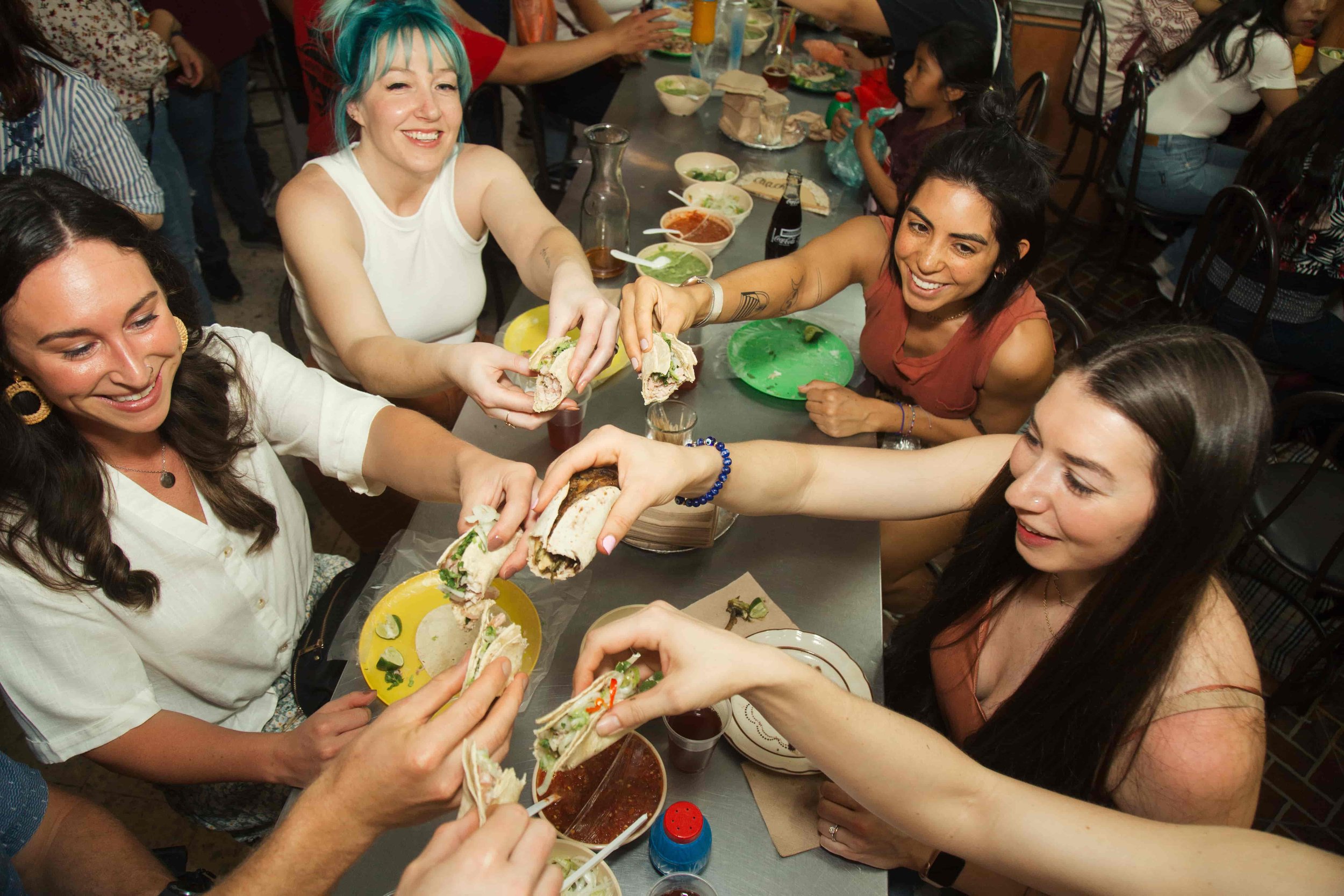
welcome to the blog
join our weekly newsletter & stay up to date with the latest posts
search for an article
WHY WE EMOTIONALLY EAT & HOW TO MINIMIZE STRESS EATING
Of the adults who overeat unhealthy foods when stressed, 33% say they do it to distract themselves from the stress. The survey finds that these behaviors are higher in women, who are more likely to report unhealthy eating behaviors as a result of stress. The percentage of those skipping meals due to stress is also higher in women, in teen girls, and in millennials. When referring to stress here, we’re not just talking about a hard day at work. Stress encompasses feeling lonely or emotional turmoil, and then also work stress, relationship stress or caretaking, etc. There’s nothing wrong with eating foods that are less nourishing sometimes, but it can become problematic -- to our health, to our relationship with food, to our trust around food -- if we consistently use junk food as the way to regulate our emotions.
EMOTIONAL EATING, STRESS, SLEEP, AND YOUR GOALS
Some stress is considered vital for a happy and healthy life. Stress challenges us to adapt and overcome obstacles by learning new things, and stress motivates us to set and progress toward personal goals. On the other hand, too much stress that goes unrelieved can have negative consequences on our health and fitness goals, on top of negatively impacting our emotional health and well-being.
Making Nutrition Easy During Big Life Changes: Navigating Divorce, Death, Moves and More
You might be faced with some big life events throughout the year - the ones we don't anticipate and that aren't always celebrations. These are often complex, emotional, challenging, and demanding situations that can make our nutrition seem especially overwhelming. Looking at these significant life events, there are three key things I learned that I think would benefit your nutrition should you find yourself amid these big life events and life changes.



